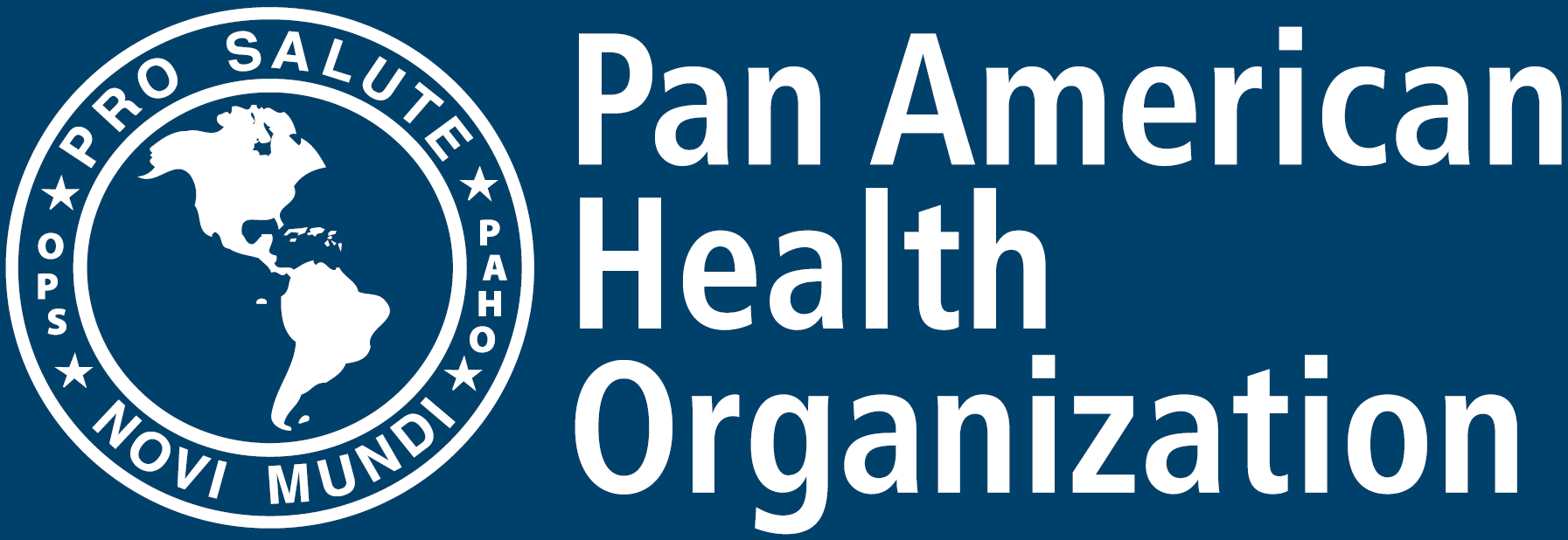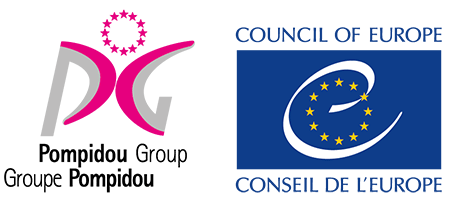Timeline
Ministerial
On July 7, 2023 the United States hosted a meeting of ministers to launch the Global Coalition to Address Synthetic Drug Threats. With nearly 100 countries and international organizations joining, the resolve of our global community in combatting the urgent challenges posed by synthetic drugs was clear.
Statements at the Virtual Ministerial to Launch a Global Coalition to Address Synthetic Drug Threats
Opening remarks – United States of America
Participating Country Interventions
Closing remarks – United States of America
Working Group Launch
On September 1, 2023, the Coalition kicked off its first session of the Working Groups. The Working Groups focus on three main lines of effort:
- Preventing the illicit manufacture and trafficking of synthetic drugs;
- Detecting emerging drug threats and use patterns;
- Promoting public health interventions and services to prevent and reduce drug use, overdose, and other related harms.
Each Working Group met in two sessions, one in a time zone convenient for the Western Hemisphere and one for the Eastern Hemisphere. Co-Chairs facilitated robust discussions. As a result of these meetings, the Working Groups were further broken out into seven Sub-Working Groups that will meet monthly over the course of the Coalition to discuss topics identified by experts from around the world.
United Nations General Assembly (UNGA)
On September 18, 2023, the United States convened world leaders for a side event on "Addressing the Public Health and Security Threats of Synthetic Drugs Through Global Cooperation" on the margins of the 78th UN General Assembly (UNGA). Over 100 representatives from governments, international organizations, civil society, and private sector participated. UNODC Executive Director Ghada Waly moderated a panel discussion on opportunities for the Global Coalition to Address Synthetic Drug Threats to enhance international cooperation to address these challenges. The event featured a video with testimonials from public health and law enforcement officials in Denver, Colorado on the scourge of synthetic drugs like fentanyl in the United States, stressing synthetic drug challenges are exacerbating at a global level and countries will all experience these significant threats if the international community does not take action. The European Commission, Brazil, and Meta served on the panel alongside U.S. Secretary of State Antony Blinken and voiced strong support for the Global Coalition, committing to undertaking enhanced cooperation through the Coalition’s working groups and the UN Commission on Narcotic Drugs. In his remarks, Secretary Blinken announced the recruitment of a special envoy on synthetic drugs, a U.S.-sponsored synthetic drugs resolution in the UNGA Plenary, and a new partnership with tech companies. This event served as the second high-level political touchpoint in the life of the Global Coalition to Address Synthetic Drug Threats, and reinforced global, high-level attention to address synthetic drug threats, highlight and convey political support and momentum for the Coalition, and formalize the Coalition’s three lines of effort.
Case Study: Denver, Colorado, United States
UNGA Event
U.S. Department of State Press Conference Following Event
Phase I: Framing the Issue
In October 2023, the Coalitions’ seven Sub-Working Groups hold their first meeting to carry forward the Coalition’s work at the technical level. Totaling over 14 hours of meetings between the east and west sessions, Sub-Working Group Co-Chairs facilitate robust discussions regarding objectives, the challenges to be addressed, and how each group would measure progress. Presentations by top international experts provided an overview of the global landscape of each thematic area and the latest innovations and opportunities.
Phase II: Sharing Best Practices and Models, Identifying Intervention Points, Deliverables and Commitments
Between November 2023 and February 2024, Sub-Working Group meetings feature presentations showcasing specific global programs and projects for the consideration of governments’ adoption and participation. Meetings also familiarize participants with best practices at the national level that can be universalized in other regional or global fora. As meetings progress and gaps are identified in global architecture, brand-new initiatives are conceptualized. As a result of these Phase II sessions, policy recommendations are developed to improve how some of these international systems, processes and tools work together to make greater progress.
UN General Assembly Resolution (December 2023)
February 2024: Detecting Emerging Drug Threats and Use Trends Co-Chair Meeting
Rome, Italy
Global Coalition meeting Day 1
Global Coalition meeting Day 2
Global Coalition meeting Day 3
Second Working Group Meeting
On March 6th, 2024, Working Groups will hold their second meeting where Sub-Working Group co-chairs will provide mid-year reports in advance of the UN Commission on Narcotic Drugs (CND) in March 2024.
UN Commission on Narcotic Drugs (CND)
Coalition participants and other interested parties will convene again on the margins of the 67th UN Commission on Narcotic Drugs (CND) in March 2024, given the CND’s leading role within the UN system for international drug-related matters. The CND will remain the driving force in coordinating sustained global action to address these shared public health and security challenges.
Phase III: Action Planning, Commitments, and Implementation
Between April and July 2024, the Coalition adopts the best practices and experiences identified during Phase II and translates them into direct action. Coalition participants are invited to join programs offered by international organizations and other partners to increase their own capacity, contribute to capacity building programs, draft policy and legislation, enter into commitments domestically or with each other, engage with the private sector and civil society, and/or develop national action plans. This phase of the Coalition is all about "doing” and making tangible progress. We encourage Coalition participants to take actions that make the most sense for their respective governments in addressing the synthetic drug threat landscape.
Meeting of the Coalition Co-Chairs
Global Coalition to Address Synthetic Drug Threats Working Group Co-Chairs discussed progress since the July 2023 launch of the Coalition, actions countries have taken to implement Coalition recommendations, and next steps for the Coalition at their meeting held June 24-25, 2024, in Thessaloniki, Greece. Co-Chairs gave presentations, shared ideas, and discussed priorities. INL Deputy Assistant Secretary Nardi thanked the Co-Chairs for their strong contribution and the investment of time and effort to ensure the Coalition moved closer to an enhanced and unified response to the proliferation of synthetic drugs. There was positive recognition of the work done so far and strong support for continued collaboration, particularly in generating broad international support for identifying and seeking solutions to address this global problem and providing a structured forum for a diverse group of international experts to develop a global response. Among the areas of possible future action are: creation of a standing international mechanism for coordination of donor support for counternarcotics (including public health); an initiative for enhanced control of chemicals and precursors used to produce illicit synthetic drugs; enhancing forensic drug testing, improved data collection and sharing; and stronger drug prevention measures.
Global Coalition Co-Chair Meeting in Greece
INL DAS Margaret Nardi's Global Coalition and ISSUP Remarks
Phase IV: Evaluation and Transitioning for Sustainability
The final month of the sub-working group meeting focuses on transitioning the Coalition’s work. At this point, Coalition participants are committed to some of the initiatives and opportunities identified throughout the year. These initiatives are managed either by international organizations, governments, or a consortium of public and/or private sector institutions. By transitioning work to these other networks, the Coalition’s legacy lives on through the reinvigorated efforts of those initiatives. Participants also conduct self-assessments of their initial progress at this stage and consider any missed opportunities or unaddressed needs that could be addressed with the support of the coalition. This reflection provides a “last chance” to have coalition partners answer any questions and address any doubts.
One Year Review Working Group Meeting
In September 2024, a Working Group meeting to mark the end of the first year will have Sub-Working Group Co-Chairs report on deliverables and achievements to Working Group Co-Chairs. A formal report will be issued documenting the Coalition’s achievements over the past year. Attention is also focused on expansion of key initiatives for the subsequent 12 months.
Global Coalition Concludes First Year
As the Coalition enters its second year, we thank all of the partners around the world who contributed to discussing the challenges of synthetic drugs and designed solutions. We invite all sectors of the international community (governments, international organizations, civil society, private sector and universities) to register to join the network in the second year of the Coalition activities and receive updates through the following link:
Global Coalition Completes First Year
Leaders’ Summit of the Global Coalition to Address Synthetic Drug Threats
President Biden hosted the Summit of the Global Coalition to Address Synthetic Drugs on September 24, 2024, during the 79th Session of the UN General Assembly. Since its inception in July 2023, the Global Coalition has grown to include 163 countries and 15 international organizations working together to disrupt the supply chain for fentanyl and other synthetic drugs; detect emerging drug threats; and prevent and treat through effective public health interventions.
With the Summit as a motivating force, 11 Coalition countries – Australia, Belgium, Canada, the Dominican Republic, Ghana, India, Italy, Mexico, the Netherlands, the United Arab Emirates, and the United Kingdom – announced new initiatives that will advance the work of the Coalition, including efforts to disrupt the supply chain of fentanyl and enhance public health interventions.
These 11 countries also signed a Coalition Pledge agreeing to take additional actions to regulate all relevant drugs and precursor chemicals, take needed steps to fill gaps in their own domestic authorities, expand public-private partnerships to more effectively combat the supply chain for illicit fentanyl, develop mechanisms to monitor real-time data on trends in illicit drug use, and expand access to treatment. At the Summit, President Biden called on all other Coalition countries to likewise sign this pledge.




